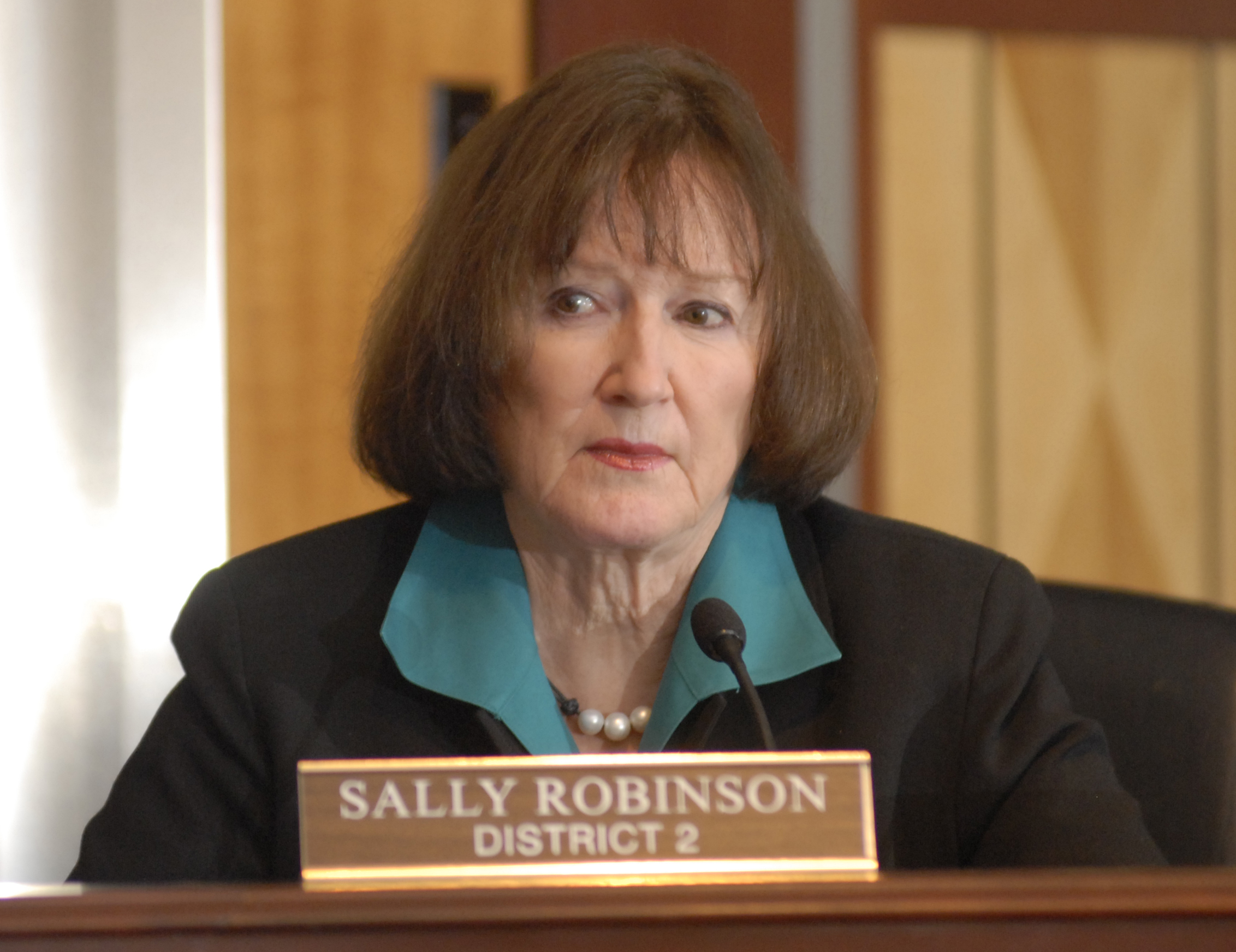Chattanooga Residents By The Numbers• 51,648 live in single-family homes• 28,245 live in multifamily dwellings• 1,153 live in otherSource: 2010 American Community SurveyWhat's NextA preliminary report to the Chattanooga City Council is expected in January. The project is expected to be complete in March.
A study is under way that could lead to more apartments or other multifamily housing in urban Chattanooga after years of emphasis on single-family housing.
"The economy has changed dramatically, and what we are faced with now is many citizens either cannot get a loan to buy a house or many citizens have been foreclosed upon," said Councilwoman Sally Robinson.
Robinson, the council's housing committee chairwoman, and Councilman Peter Murphy, who heads the legal committee, are working with the Chattanooga-Hamilton County Regional Planning Agency, the Chattanooga Housing Authority, Chattanooga Neighborhood Services and area Realtors.
The goal is to consider the need for housing options other than single-family homes. The group also will consider changing zoning to allow other housing options and what standards developers would have to follow.
Robinson said she hopes the group can develop a smart growth plan for housing for the Chattanooga area. They will look at which neighborhoods have vacant properties, foreclosed properties and may be suitable for townhomes, condos or apartments.
"Our choices have been a little narrow with an emphasis on homeownership with not too much of something else," Robinson said. "Not everybody wants a house and a white picket fence."
It was in the early 2000s that leaders in several neighborhood organizations fought for R-1 zoning to promote single-family homes and prevent multifamily dwellings.
Neighborhoods such as Highland Park and East Chattanooga had several areas with R-2 and R-3 zoning that allowed duplexes and multifamily dwellings. Because more people were moving into single-family homes then, the duplexes became blighted and so communities moved toward R-1 or single-family home zoning to stabilize the neighborhood, Robinson said.
But 11 years later the housing market has crashed and demand is growing for other housing options, Robinson said.
Chattanooga-area home sales in June were at an 11-year low for that month. Only 534 homes were sold in June, down from a high of 864 in the same month four years ago, according to the Greater Chattanooga Association of Realtors.
Local home sales dropped again in July to 524 houses, although the median sales price rose in July by more than 11 percent, the Realtors group said.
Nationally the share of Americans who own or are buying their homes was at 69.2 percent at its peak in 2004 and declined to 66.4 percent in the first quarter of 2011.
The effort to explore other housing options is a two-stage process, said Regional Planning Agency Executive Director John Bridger.
The first task is to get perspective from a variety of players in the housing market about demographic housing trends, how the household is changing and what that means concerning housing needs. The Realtors association will discuss the types of housing most in demand, and homebuilders or developers will have information about how the housing mix is changing, Bridger said.
After the assessment, planners will have an idea of how planning policies and ordinances align with the demand for housing and whether they need to be changed.
"We have some anecdotal stuff, but you don't base policy on anecdotal," Bridger said. "So we want to get some really good facts about what's happening in the local market."
Banks aren't giving many loans to build single-family housing, and a loan for a condo is also hard to get, said Councilman Jack Benson. More people now are leaning toward apartments, said Benson, who supported a rezoning in his East Brainerd area that allowed the development of the 316-unit Amberleigh Ridge Apartments.
Robinson said that several Volkswagen executives came to the city looking for rental properties or apartments.
Having Volkswagen, Alstom and Amazon has created demand for more rental housing, said Robinson.
"I want those people to move here," said Robinson. "I don't want them to be forced to move to North Georgia or to Cleveland because we don't have the right housing mix."


